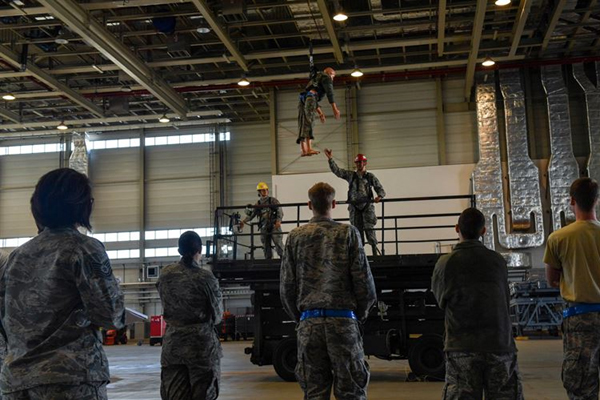|
ILO Director-General Guy Ryder has said that the world of work is facing the “most profound and transformative” changes seen in 100 years, and has urged delegates to the International Labour Conference (ILC) to take responsibility for addressing this “defining challenge”. Ryder was addressing the opening session of the Centenary ILC in Geneva, which is being attended by nearly 6,000 delegates – representatives of Governments, workers and employers from the ILO’s 187 Member states.
In his speech the Director-General said that, “the uncertainties and insecurities of our time…underline just how fundamental the achievement of social justice is to stability and to peace, and how vital access to decent work is to the advancement of human well-being”.
The Director-General emphasized that the Centenary ILC was dedicated to the future of work and of the ILO. “This is about tackling the issues that most matter to people, at a moment when they see urgent need for answers and for action, and our collective capacity to provide them is in question. And at a time when people seem to feel the need to take back control of their lives”.
“The fact is that the future of work will be the result of our decisions, our choices, our capacity to follow-up on them, our willingness to cooperate together and to make it the future of work we want… through the constant advancement of decent work, social justice and peace”.
Ryder said that the ILO owed its unique longevity to three things; its mandate for social justice, its tripartite composition, and “its constant capacity to adapt and turn toward the challenges of change, rather than away from them”.
The ILC also heard from Swiss Federal Councillor, Alain Berset. He described the ILO’s mandate as the most ambitious international social contract in history and told delegates that Switzerland shared the fundamental values of the ILO, including social justice, social organization and building global peace. In a period of growing inequality in working conditions there was a greater need than ever to ensure common standards between countries, he said, which was why the ILO’s future role would be so important.
María Fernanda Espinosa Garcés, President of the United Nations General Assembly, also addressed the opening Plenary.
The world was facing great changes and challenges, with millions in the informal economy or working poverty, she said, making the ILO’s vision and mission more important than ever for achieving social justice. In particular, technology had the potential to create productive jobs, support inclusivity, education and training, and fight discrimination. She added that one of the greatest challenges facing the world of work was gender inequality, creating a situation that was both unjust and unsustainable. A future of work without gender equality was inconceivable, she told delegates.
|



